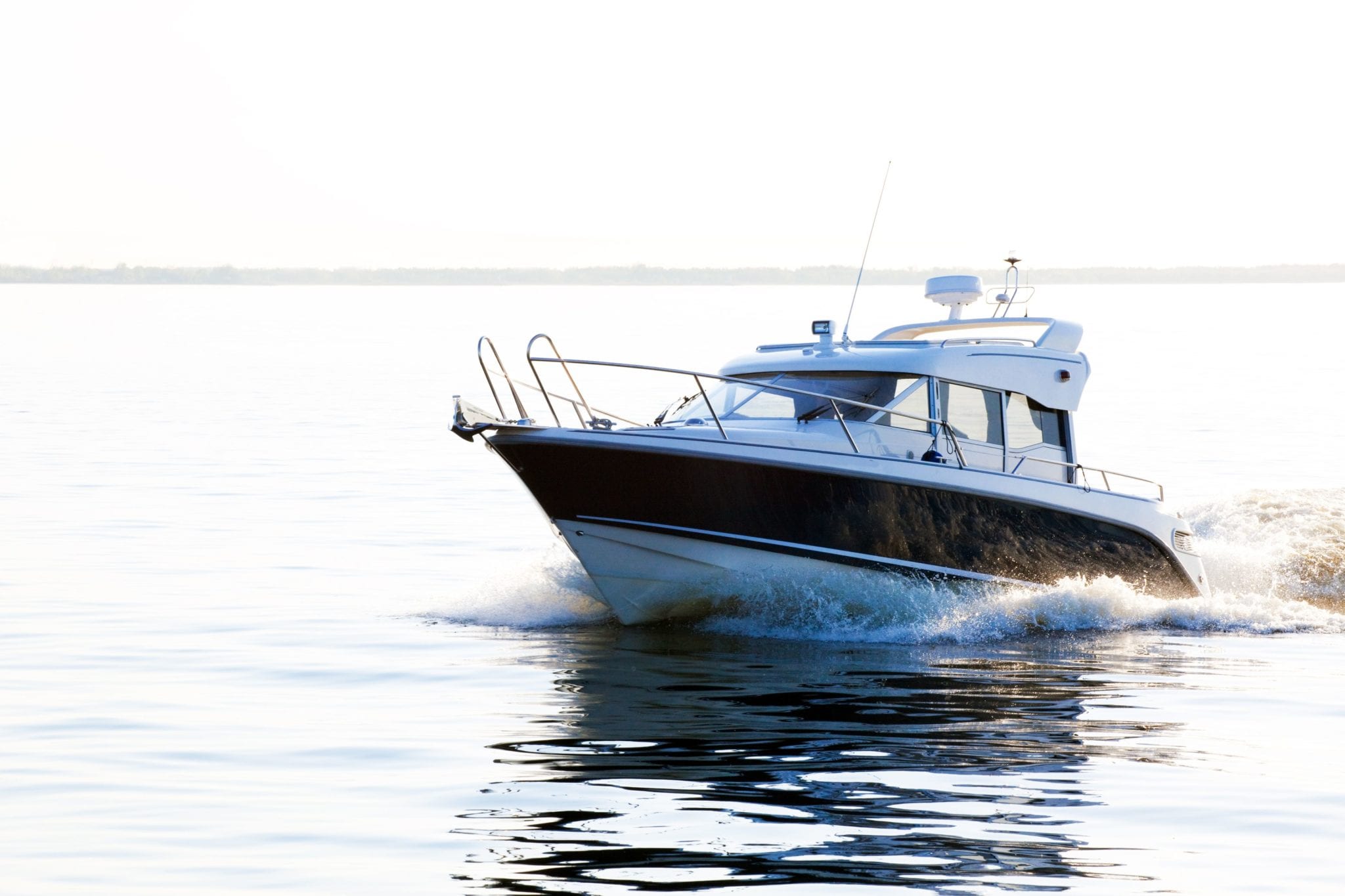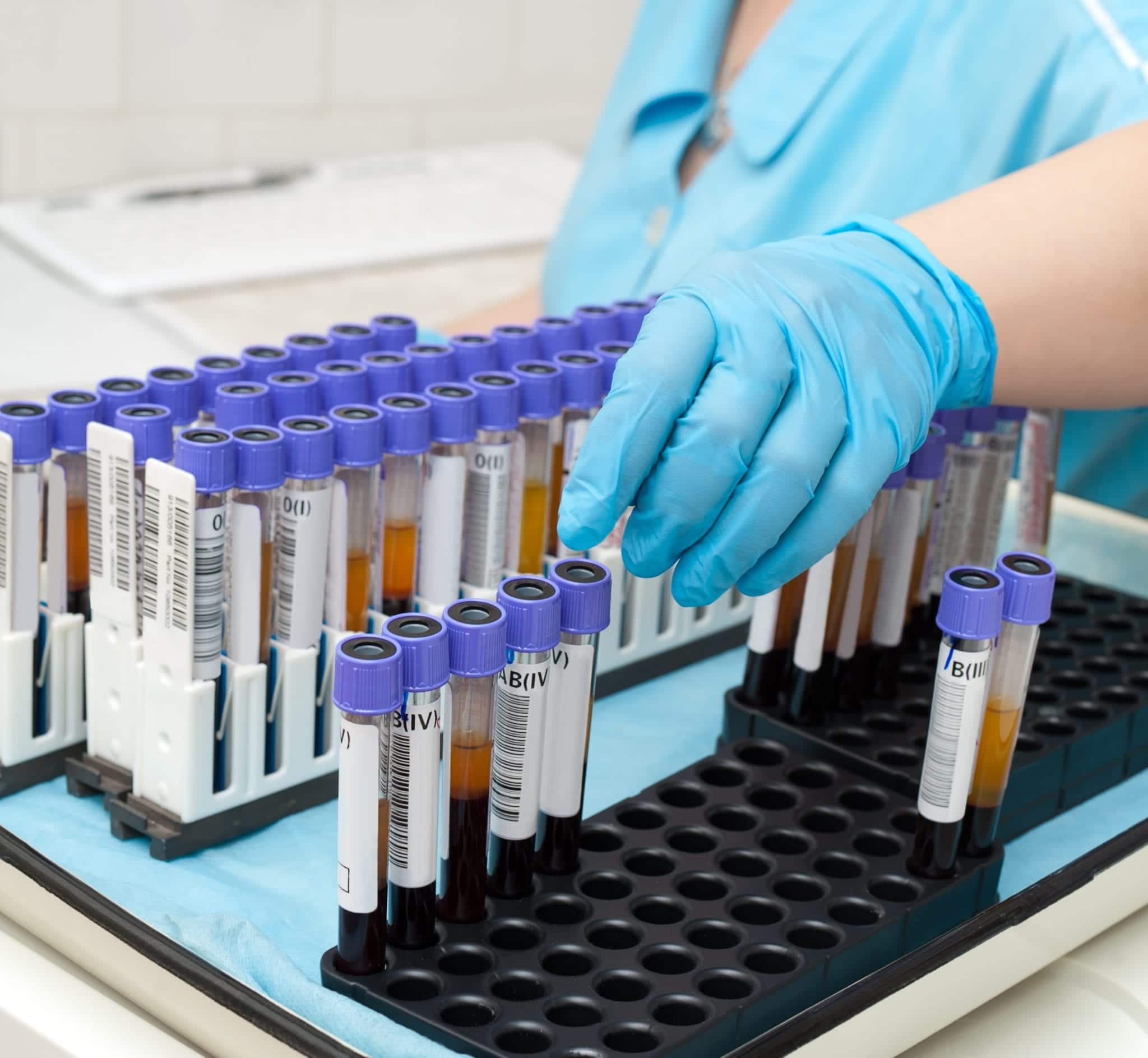
Simple answer: yes, you can get charged with a DWI for riding a lawnmower drunk here. In fact, if you are operating any motor vehicle while intoxicated, this charge can apply, and the term “motor vehicle” is likely broader than you realize.
Let’s go back to the lawnmower for a second, though, because it’s something that actually happened recently. A Mankato resident was allegedly driving his lawnmower when he was arrested on a DWI charge.
A police officer from Madison Lake saw Thomas Edward Grothe, 60, erratically driving a lawnmower on city streets July 20. Breathalyzer tests showed his blood alcohol content level between 0.27 and 0.28 – more than three times the legal limit. Grothe had been convicted eight prior times for DWI offenses. His charge involving his lawnmower was his ninth.
Are there other kinds of “motor vehicles” that can net you a DWI? Absolutely. Read more to learn when you may face a DWI charge for driving something other than a typical car or truck. First, though, let’s look at the law itself to see why this is.
Minnesota’s Law Regarding Driving While Impaired
Minnesota statutes state that you can be charged with a crime for driving, operating, or being in physical control for any motor vehicle while under the influence of alcohol or other controlled substances, including over-the-counter or prescription medications, or a combination of those substances. You may face a DWI conviction if your alcohol concentration is greater than 0.08 within two hours of the time of driving or operating the motor vehicle, including commercial vehicles.
So, what exactly is considered a motor vehicle? The dictionary defines it as “an automotive vehicle not operated on rails.” The Minnesota statutes get even more specific. If you are behind the wheel or controls of any of the following vehicles and you are intoxicated, you may be subject to DWI charges and need the assistance of a defense attorney.
Motorboat
In Minnesota, you are prohibited from operating a motorboat when you are under the influence of alcohol or controlled substances. The blood alcohol concentration while operating a motorboat must remain below 0.08 or you may face criminal charges.
Snowmobile
The same law applies when you operate a snowmobile anywhere in the state, or on the ice of any boundary waters. Simply put, if you operate a snowmobile while intoxicated, charges may apply.
All-terrain vehicle
Your blood alcohol level must be within the legal range while you operate an all-terrain vehicle anywhere in the state of Minnesota.
Off-road motorcycle
Sometimes these vehicles are called dirt bikes. The law applies when operating vehicles like these as well.
Off-road vehicle
The use of small vehicles for farming, hunting, and recreation also fall under the DWI laws in Minnesota.
Penalties for Operating Atypical Motor Vehicles While Intoxicated

First-time offenses involving one of these vehicles may allow you to face reduced penalties. Minnesota law states that if you have no prior conviction for driving while intoxicated, and you are caught driving a motorboat or off-road recreational vehicle while intoxicated, you will lose your operating privileges for that vehicle. Additionally, you will be subject only to nonfelony criminal penalties, such as misdemeanor charges.
Under this first-offense law, you cannot have your driver’s license revoked, nor can you face chemical dependency tests, treatment, or probation. Your license plate cannot be impounded either. On the flip side, if you receive future DWI convictions, your penalties may be increased due to your first offense.
As in the case of the Mankato man, if you are arrested for DWI while driving an off-road recreational vehicle or motorboat, and you have previous DWI violations, the arrest will be subject to the same legal penalties and fines as with an arrest involving a normal motor vehicle.
The Importance of Fighting Any DWI Charge in Minnesota
Whether you are a first-time offender or a repeat offender, it’s important to seek knowledgeable legal counsel for the charges you are facing. They can help you build the strongest possible case against your charges. Here are some defenses that may be available in your situation:
- Inaccurate testing. The field tests performed by the arresting officer may have been improperly administered or interpreted. For example, the police officer may see bloodshot eyes and come to a false conclusion if your eyes are red due to allergies. If you can prove that the test results were inaccurate, your charges may be dropped.
- Breathalyzer failure. The testing equipment may have been improperly calibrated and thus produced a false reading. The officer must use the equipment correctly to receive an accurate reading.

- Mishandled blood testing. At the police station, they may draw blood to receive more accurate test results. If the test sample was tampered with or switched with another person’s samples, you may be able to avoid conviction.
These are only a few examples that may be available for you. Contact an experienced Minnesota criminal attorney today to discuss the specific details of your situation.
About the Author:
Christopher Keyser is a Minneapolis-based criminal and DWI defense attorney known for fighting aggressively for his clients and utilizing innovative tactics to get the most positive results. He has been featured in numerous media outlets due to the breadth and depth of his knowledge, and recognized as a Minnesota Super Lawyers Rising Star (2014–2015), a Top 100 Trial Lawyer (2013–2015), and a Top 40 Under 40 Attorney (2013–2015).





